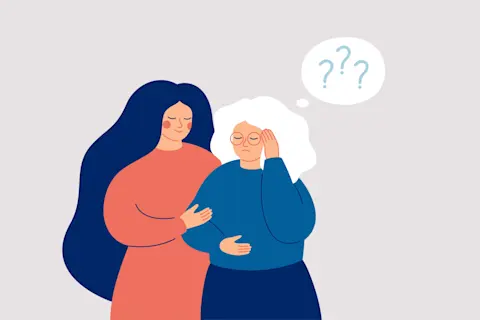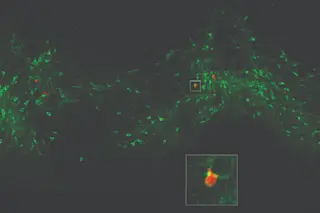The first signs of the disease are so subtle that they can be tricky to catch. Sometimes, they come in the form of rude remarks or an occasional out-of-character comment. Sometimes, they appear as a struggle to stay organized or an increase in impulsive spending. And sometimes, wrong words and slurred sentences are the initial indications.
Though these symptoms can seem small, frontotemporal dementia worsens with time, transforming the way that people act and communicate. Destroying the brain from within, the disorder accounts for around 10 to 20 percent of all dementia cases worldwide, yet its signs and symptoms aren’t widely understood.
Defined by a persistent, progressive decline in intellectual functioning — whether it's remembering, reasoning, or some other form of thinking — dementia interferes with a person's ability to perform their day-to-day activities. And though there are a variety of different types of dementia, one of those types is ...













